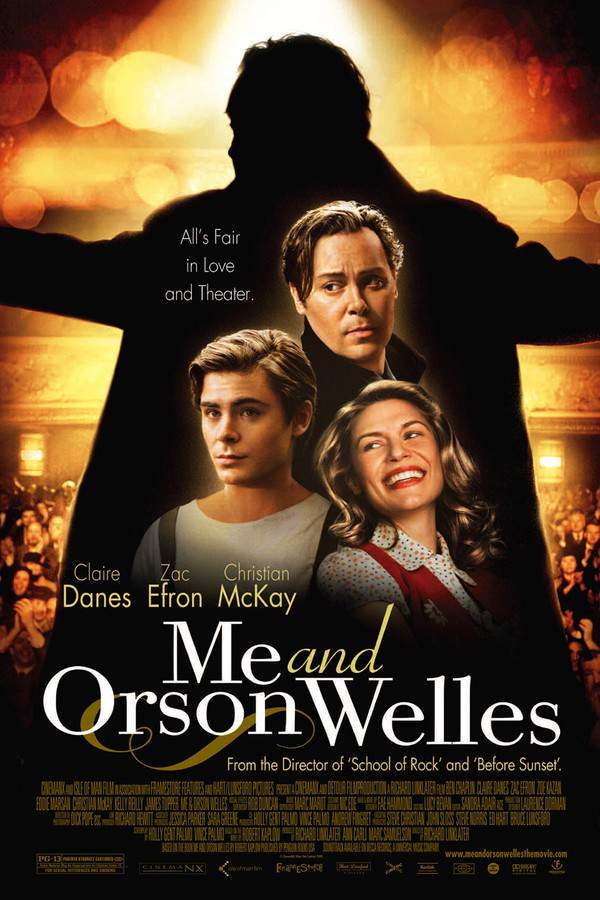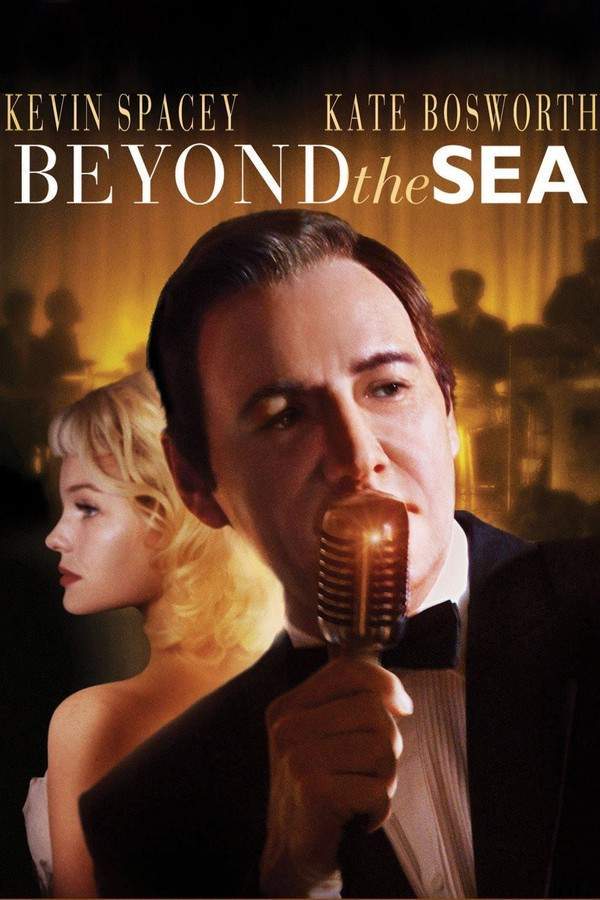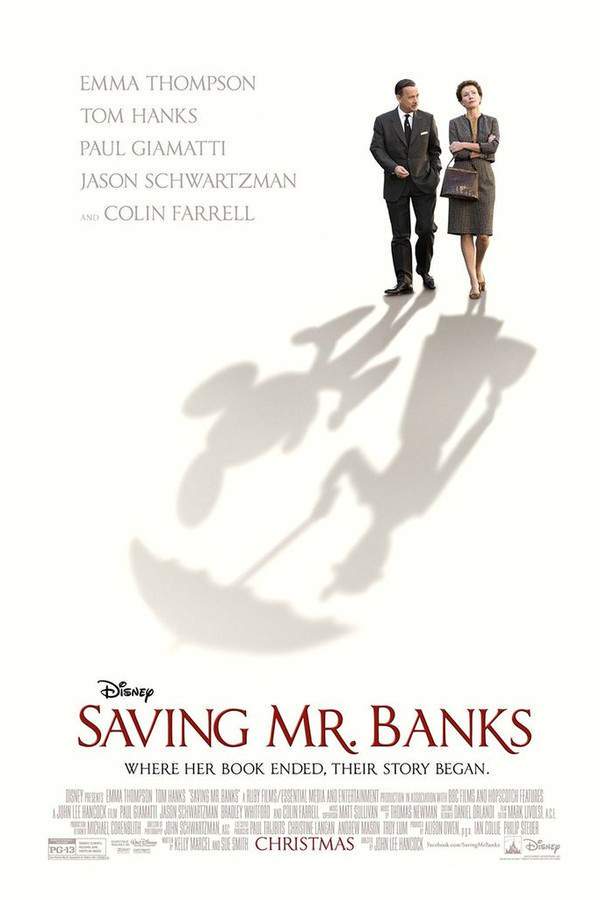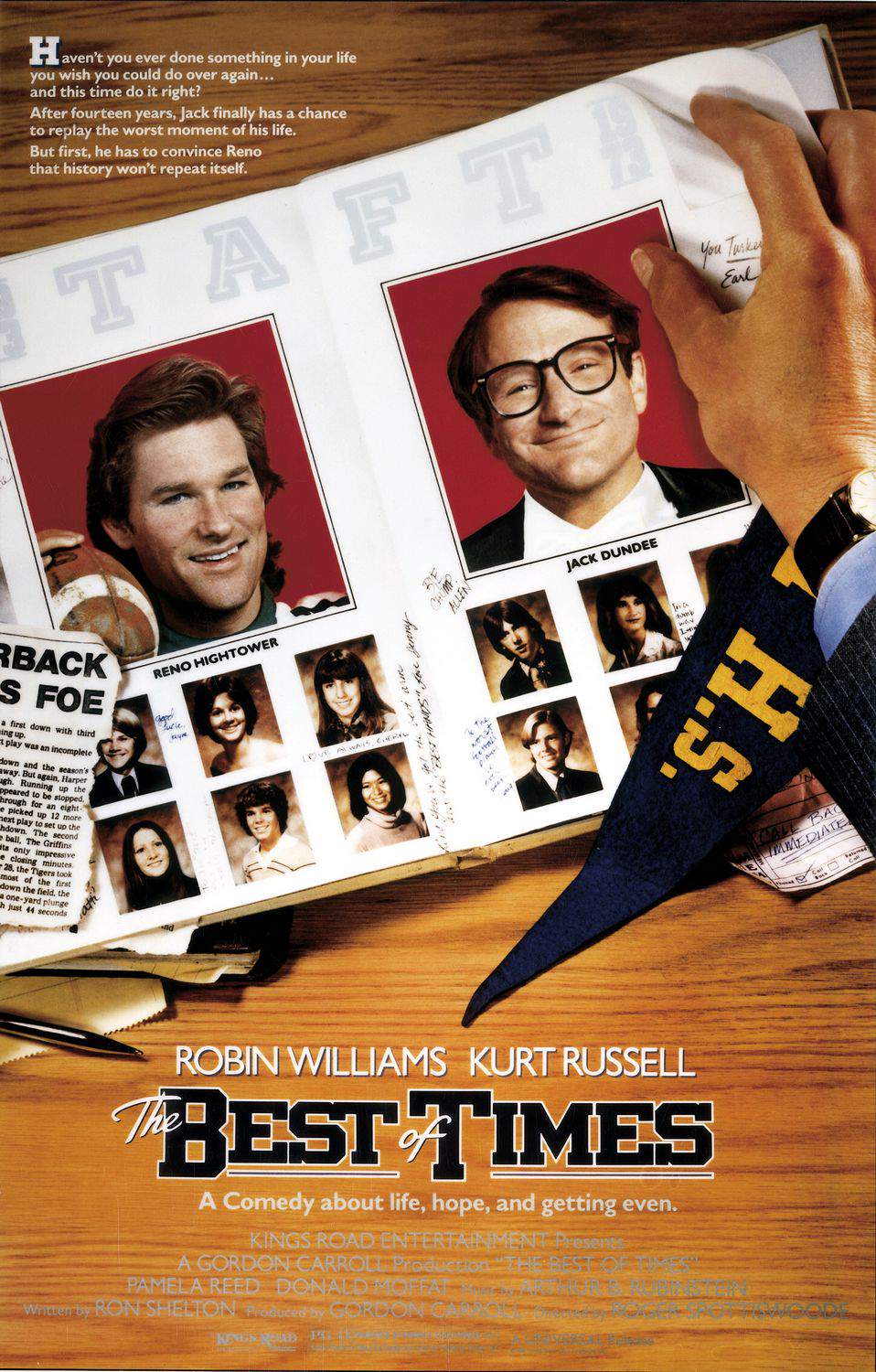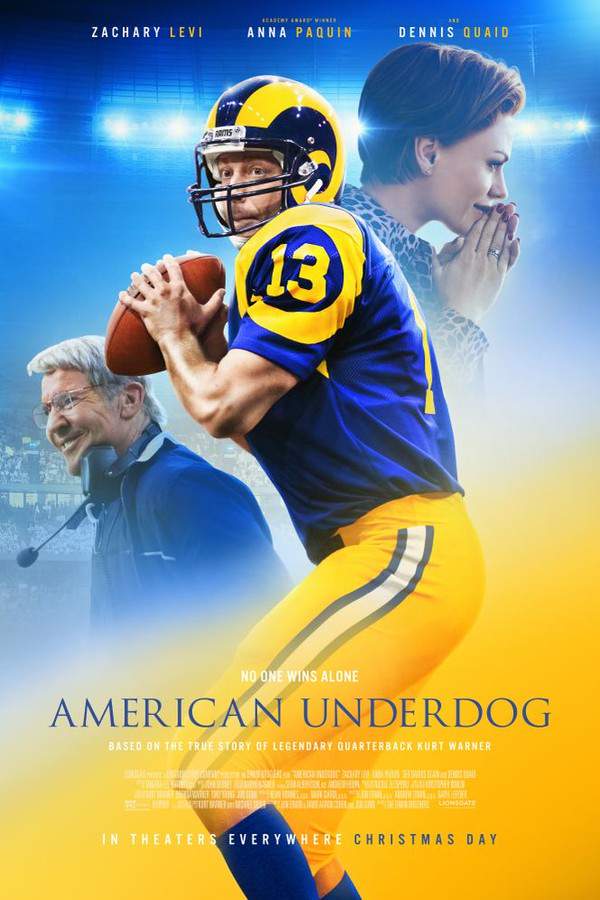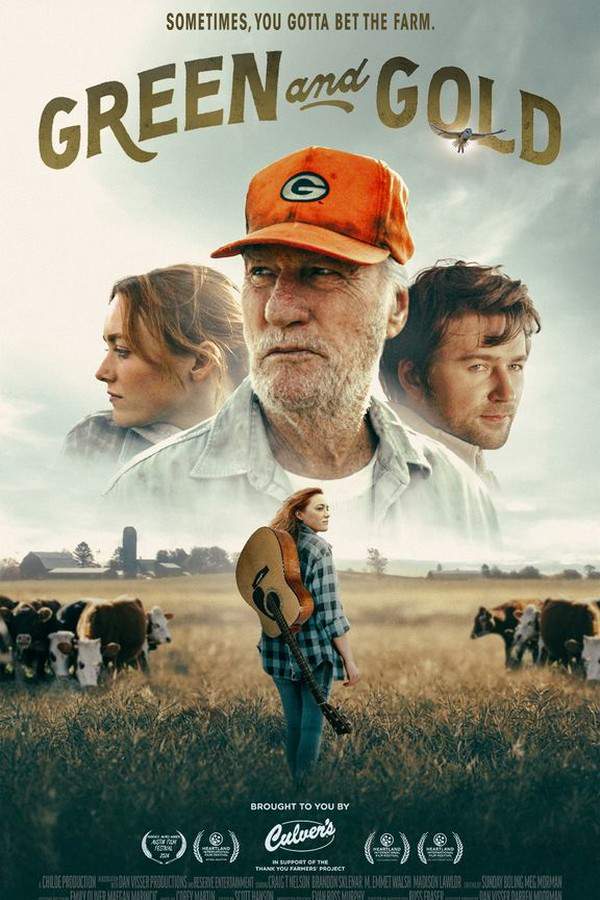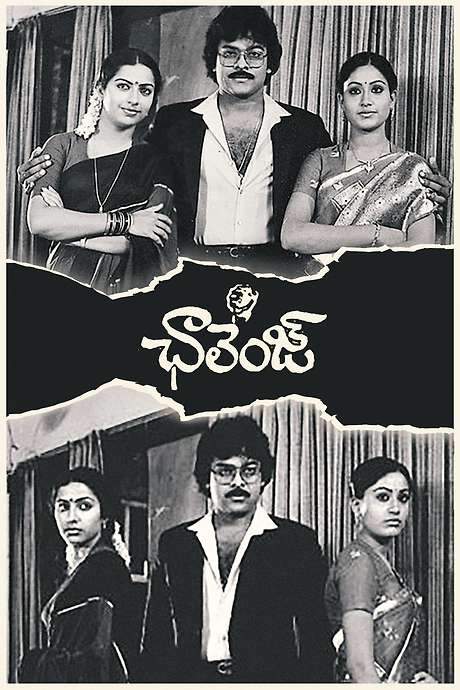
The Adventures of Mark Twain
Year: 1944
Runtime: 130 mins
Language: English
Director: Irving Rapper
A dramatized portrait of Samuel Langhorne Clemens, the author behind Tom Sawyer and Huckleberry Finn, tracing his rise from riverboat pilot to celebrated writer. The film highlights his sharp wit, the way his pen captured the American spirit, and the personal trials that shaped his legendary career.
Warning: spoilers below!
Haven’t seen The Adventures of Mark Twain yet? This summary contains major spoilers. Bookmark the page, watch the movie, and come back for the full breakdown. If you're ready, scroll on and relive the story!
The Adventures of Mark Twain (1944) – Full Plot Summary & Ending Explained
Read the complete plot breakdown of The Adventures of Mark Twain (1944), including all key story events, major twists, and the ending explained in detail. Discover what really happened—and what it all means.
On a night when the sky is lit by the long arc of Halley’s Comet, the frame of the story centers on Samuel Langhorne Clemens, Fredric March (better known to readers as Mark Twain), as his life unfolds like a living tapestry of his own fiction. The film’s conceit is bold and playful: it stitches together scenes from Clemens’ famed tales as if they truly happened, rooting the narratives of his youth and his changing world in a series of vivid, almost mythic moments. We meet a young Sam who imagines his world through companionship with Huck, Tom, and the slave boy Jim on a raft along the Mississippi, creating a fictional “real-life” springboard for the adventures that would become Tom Sawyer and The Adventures of Huckleberry Finn.
As Sam grows, he slips away from the familiar path of work for his brother Orion, the publisher of the Hannibal Journal, after three unsatisfying years. He abandons that routine to become a riverboat pilot, a choice that the film treats with a mixture of nostalgia and grit. Under the steady tutelage of Captain Horace E. Bixby, Robert Barrat he masters the dangerous currents and learns to read the river with a pilot’s instinct. It’s a turning point that seeds the confidence and wit that later define his voice.
A pivotal moment arrives when Sam notices a pickpocket aboard his boat who has stolen from Charles Langdon, a passenger who carries a portrait of his sister Olivia. The encounter sparks a crush that Sam cannot shake, and he makes clear to Langdon that he intends to marry Olivia. The film marks this love story with warmth and humor, hinting at the life they will build together. Charles Langdon is played by William Henry, and Olivia Langdon Clemens appears as Olivia Langdon Clemens in the tale, brought to life by Alexis Smith. Olivia’s father’s initial opposition deepens the dramatic tension, even as Sam’s affection deepens into a pledge.
To chase his fortunes and prove his talent, Sam leaves the river for the western frontier, partnering with his friend Steve Gillis in a venture that blends risk with curiosity. The pair prospect in the West with little success, and Sam’s restless drive pulls him toward another path: journalism. He becomes a newspaper reporter in Nevada, where the scent of stories and the hum of the frontier press begin to fuse into the sharper social commentary he will later publish.
A turning point arrives when Steve dares Sam to enter a jumping-frog contest against Bret Harte, a moment that the film stages with both mischief and reverence. The contest is fixed by Steve’s cheating, as buckshot-fed lead gives Harte’s frog an unlikely victory, and Sam confesses that he himself had bet on the challenger. He then writes up the event and tries to publish it under the pen name Mark Twain, capturing a voice that will travel with him for years. Bret Harte, as the competing author, is portrayed by John Carradine. The Civil War soon casts a shadow over the West, and Sam departs Nevada, narrowly avoiding J. B. Pond, who has tracked down the author of the frog tale.
The frog story becomes a sensation in the newspapers, serving as a welcome respite from the war’s grim front pages. When the war ends, Pond finally finds Sam and signs him up for a lecture tour that will launch a new phase of his career. Olivia Langdon and her father’s opposition are still in Sam’s orbit even as he rises as a humorist and public speaker. The audience of his very first lecture includes Charles Langdon and Olivia, and it is here that love deepens into marriage. Sam marries Livy and steps into the life of a renowned writer and lecturer, a path that will demand relentless dedication to craft and to the larger social ambitions he nurtures.
Yet success comes with heavy responsibilities. Sam invests in a typesetting machine and with it starts a publishing company, ambitions that require more and more capital. When the debt grows, he turns to Henry Huttleston Rogers, who counsels him to relinquish the plan to publish Ulysses S. Grant’s memoirs. Nevertheless, Sam’s sense of debt to ailing veterans and his belief in giving back to the country drive him to persevere. The creditors accept a reduced settlement, but Sam persists in paying every dollar owed, even if it means weathering years of strenuous touring. This is a period of struggle, but also of immense growth, during which his writing and leadership begin to reshape the course of his life.
Meanwhile, the story of Sam and Livy deepens as they endure the strain of financial pressures and the demands of public life. The couple’s partnership is tested, but their bond remains a constant source of resilience. They are eventually reunited when Livy’s health declines, and she finds a rare pride in Sam receiving an honorary doctorate from Oxford University—the kind of recognition she has longed to see for him as a true stylist of language and thought. The life Sam builds—the lectures that travel the globe, the publishing ventures that endure, the social and moral commitments he embraces—culminates in the quiet, almost inevitable moment of farewell.
In the end, Sam’s life is marked by a celestial calendar: Halley’s Comet returns in 1910, the year of his death. The film treats this as both fate and family legend, as his spirit is drawn away by two old friends from his boyhood, Tom and Huck, into the afterlife. Before stepping away, Sam reassures his daughter that the world’s talk of his demise is greatly exaggerated, a final wink that leaves the audience with the sense that his voice will endure long after the curtain falls. The film closes on a portrait of a life that was at once intimate and expansive—an American life imagined as if its most enduring stories began life as lived moments, not as works of fiction.
Last Updated: October 07, 2025 at 09:38
Explore Movie Threads
Discover curated groups of movies connected by mood, themes, and story style. Browse collections built around emotion, atmosphere, and narrative focus to easily find films that match what you feel like watching right now.
Bittersweet Biographies of Creative Legends like The Adventures of Mark Twain
Epic portraits of artists and writers whose triumphs are shadowed by personal struggle.Find movies like The Adventures of Mark Twain that chronicle the lives of famous artists and writers. These similar biopics balance creative success with personal trials, offering a reflective and poignant look at the people behind legendary works.
Narrative Summary
These narratives typically follow a chronological path through a famous figure's life, highlighting key professional breakthroughs and personal relationships. The central conflict often arises from the tension between public success and private sorrow, such as financial ruin, illness, or loss, leading to an ending that acknowledges both the immortal legacy and the human cost.
Why These Movies?
They are grouped by their shared bittersweet tone and steady pacing, focusing on the complex emotional mix of celebrating a great life while honestly portraying its pains. The medium emotional weight and reflective mood create a cohesive viewing experience for those interested in human stories behind great art.
Hopeful Journeys Through American Adversity like The Adventures of Mark Twain
Stories of ambitious individuals defining themselves against the backdrop of a growing nation.Discover movies similar to The Adventures of Mark Twain that follow ambitious characters chasing success in America. If you liked Twain's story of humor, debt, and legacy, you'll enjoy these dramas about resilience and the complex American dream.
Narrative Summary
The plot follows a protagonist's rise, often from humble beginnings, through a series of challenges that test their character and ideals. Key themes include ambition, financial struggle, and the pursuit of a legacy. The story structure is a steady, life-spanning arc where setbacks are met with wit and determination, culminating in an ending that feels earned and philosophically rich rather than simply happy.
Why These Movies?
These films share a specific mix of tone and theme: a hopeful, warm core sustained by humor and resilience, even when facing significant adversity. The focus on the 'American spirit'—individualism, ambition, and navigating success/failure—creates a distinct vibe that connects stories across different genres and time periods.
Unlock the Full Story of The Adventures of Mark Twain
Don't stop at just watching — explore The Adventures of Mark Twain in full detail. From the complete plot summary and scene-by-scene timeline to character breakdowns, thematic analysis, and a deep dive into the ending — every page helps you truly understand what The Adventures of Mark Twain is all about. Plus, discover what's next after the movie.
The Adventures of Mark Twain Timeline
Track the full timeline of The Adventures of Mark Twain with every major event arranged chronologically. Perfect for decoding non-linear storytelling, flashbacks, or parallel narratives with a clear scene-by-scene breakdown.

Characters, Settings & Themes in The Adventures of Mark Twain
Discover the characters, locations, and core themes that shape The Adventures of Mark Twain. Get insights into symbolic elements, setting significance, and deeper narrative meaning — ideal for thematic analysis and movie breakdowns.

The Adventures of Mark Twain Spoiler-Free Summary
Get a quick, spoiler-free overview of The Adventures of Mark Twain that covers the main plot points and key details without revealing any major twists or spoilers. Perfect for those who want to know what to expect before diving in.

More About The Adventures of Mark Twain
Visit What's After the Movie to explore more about The Adventures of Mark Twain: box office results, cast and crew info, production details, post-credit scenes, and external links — all in one place for movie fans and researchers.

Similar Movies to The Adventures of Mark Twain
Discover movies like The Adventures of Mark Twain that share similar genres, themes, and storytelling elements. Whether you’re drawn to the atmosphere, character arcs, or plot structure, these curated recommendations will help you explore more films you’ll love.
Explore More About Movie The Adventures of Mark Twain
The Adventures of Mark Twain (1944) Scene-by-Scene Movie Timeline
The Adventures of Mark Twain (1944) Movie Characters, Themes & Settings
The Adventures of Mark Twain (1944) Spoiler-Free Summary & Key Flow
Movies Like The Adventures of Mark Twain – Similar Titles You’ll Enjoy
Mark Twain and Me (1991) Story Summary & Characters
Rascals and Robbers: The Secret Adventures of Tom Sawyer and Huck Finn (1982) Spoiler-Packed Plot Recap
The Adventures of Tom Sawyer and Huckleberry Finn (1000) Full Movie Breakdown
The Adventures of Tom Sawyer (1000) Detailed Story Recap
The Adventures of Mark Twain (1985) Ending Explained & Film Insights
The Adventures of Huckleberry Finn (1986) Detailed Story Recap
Tom Sawyer (1917) Movie Recap & Themes
The Adventures of Tom Sawyer (1986) Full Movie Breakdown
The Adventures of Huckleberry Finn (1960) Complete Plot Breakdown
The Adventures of Huck Finn (1993) Full Summary & Key Details
The Adventures of Huckleberry Finn (1939) Complete Plot Breakdown
Huckleberry Finn (1975) Spoiler-Packed Plot Recap
Tom Sawyer (1930) Spoiler-Packed Plot Recap
The Adventures of Tom Sawyer (1938) Plot Summary & Ending Explained
The Adventures of Huckleberry Finn (1955) Ending Explained & Film Insights


